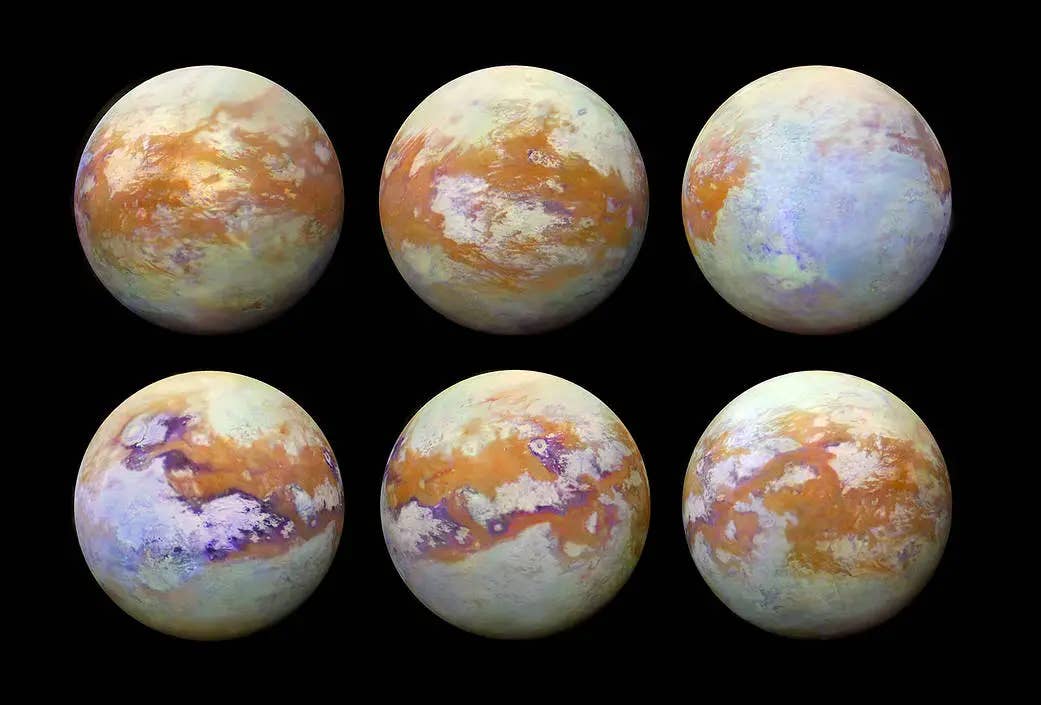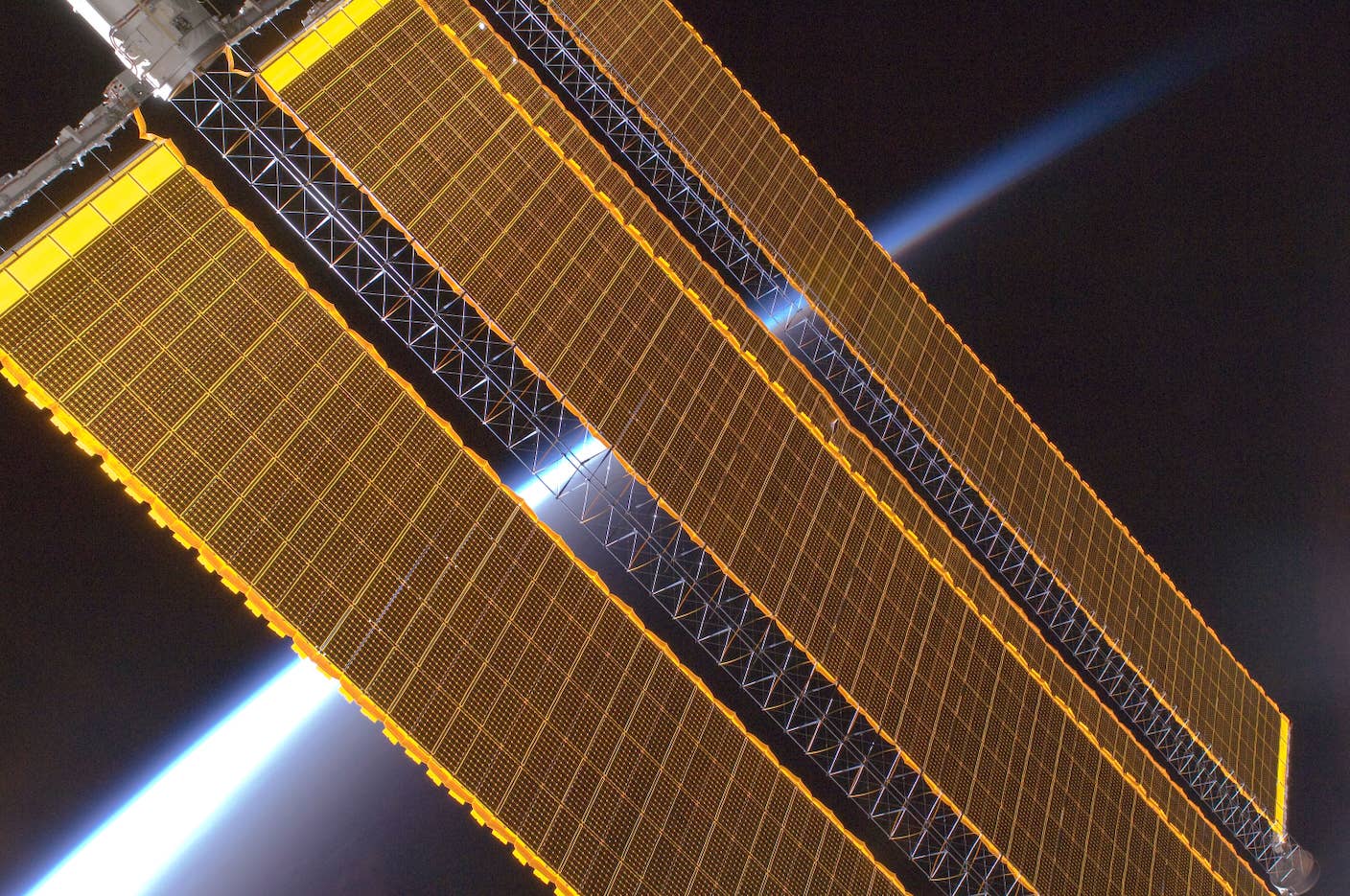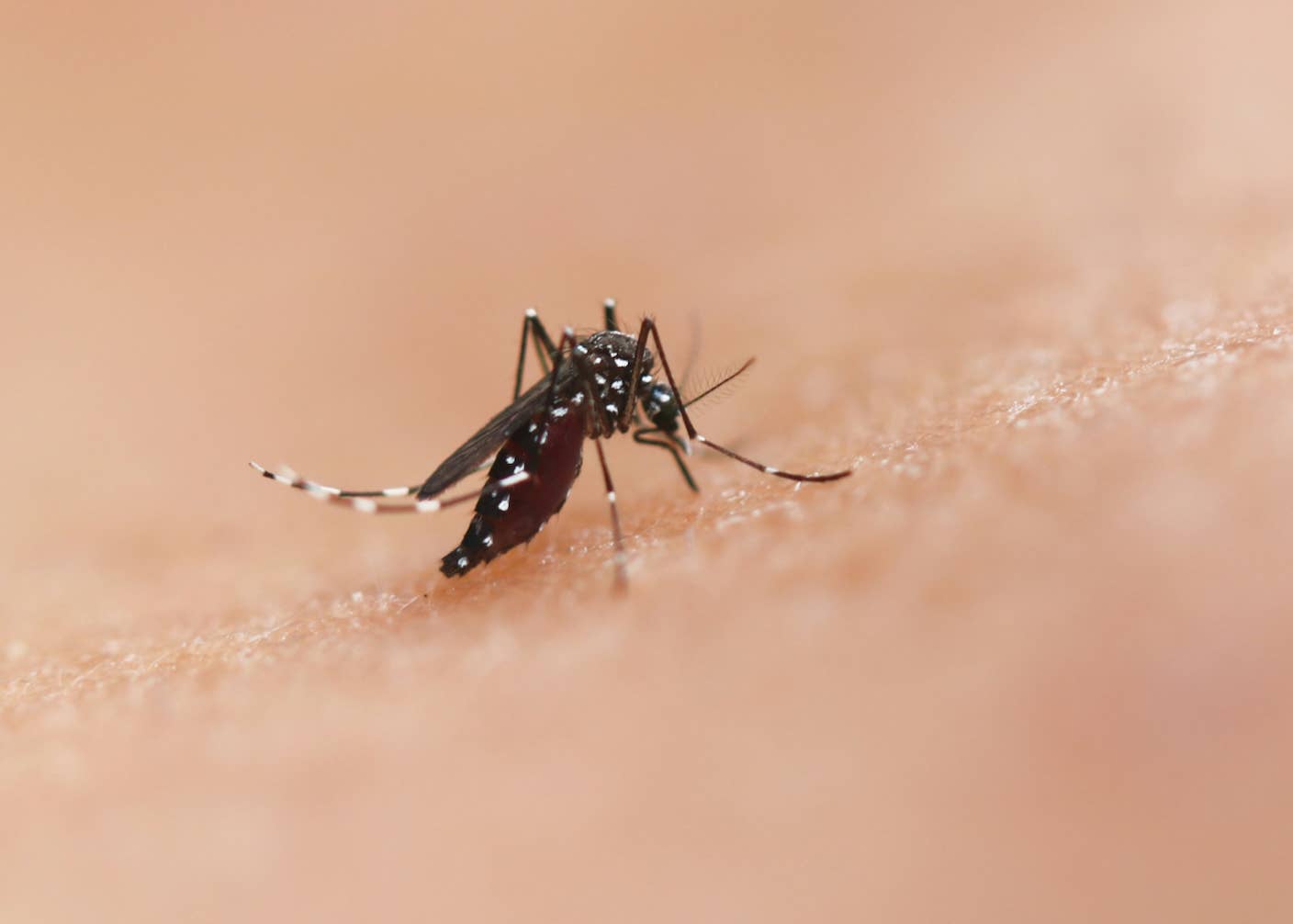Life Is Short – Our Time on Earth Visualized In Jelly Beans

Share
The average human lives 28,835 days. We all know exactly what a day feels like, how long it takes, and how variable its passing can feel. But 28,835 days is just a number—unless you count it out in jelly beans.
5,475 jelly beans takes us to fifteen years old, the very edge of adulthood. We will consume most of our remaining 23,360 jelly beans sleeping, working, preparing or eating food, watching television, doing chores, and commuting. After all that, we have 2,740 days to be creative, commune with nature, or text our best friend.
We should appreciate every bean like it's our last, but that's easier said than done. As most of our doing becomes habit, our perception of time accelerates. Whereas years once felt like an eternity, as we age, they tend to vanish in a blink.
Be Part of the Future
Sign up to receive top stories about groundbreaking technologies and visionary thinkers from SingularityHub.


Life isn’t just finite—it’s short.
Modern medicine has added over 11,000 jelly beans since the turn of the last century. This varies globally, but US life expectancy was 47.3 in 1900 and 78.7 in 2010.
In the future, mobile medicine may diagnose disease earlier and encourage preventative behavior. Robotic surgery may become less invasive, even unnecessary. Genomics might provide clues into the causes of disease and offer treatments. How many more jelly beans do you think the coming years will add?
Jason is editorial director at SingularityHub. He researched and wrote about finance and economics before moving on to science and technology. He's curious about pretty much everything, but especially loves learning about and sharing big ideas and advances in artificial intelligence, computing, robotics, biotech, neuroscience, and space.
Related Articles

This Week’s Awesome Tech Stories From Around the Web (Through December 20)

Data Centers in Space: Will 2027 Really Be the Year AI Goes to Orbit?

New Gene Drive Stops the Spread of Malaria—Without Killing Any Mosquitoes
What we’re reading
